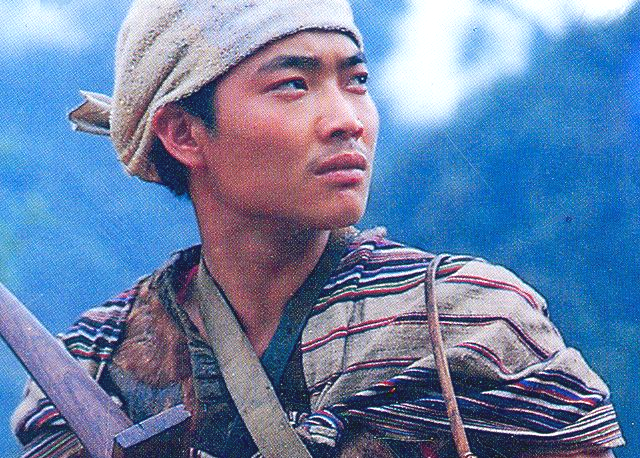© This article is an extract from Paul Hattaway's epic 656-page China’s Book of Martyrs, which profiles more than 1,000 Christian martyrs in China since AD 845, accompanied by over 500 photos. You can order this or many other China books and e-books here.
1900 - William & Helen Peat and Children
August 30, 1900
Xi Xian, Shanxi
Willie and Helen Peat.
William G. Peat was a native of Hamilton, Scotland. He was forging a successful career in architecture when the Lord called him to be a missionary to the Chinese. Peat sailed for China in December 1887, one of the 100 missionaries that Hudson Taylor had mobilized that same year. Peat’s first appointment was to Pingyao in Shanxi Province.
Although not blessed with a robust physical frame, Willie Peat displayed great energy. A co-worker said, “The work which lay to his hand…he gave himself to with all his heart, and his zeal knew no tiring.”[1] That same zeal caused him to fall offside with some of his missionary colleagues, a few of whom sharply criticized Peat’s methods. Undeterred, the Scot learned not to respond to his critics and instead set his sights firmly on the advance of the kingdom of God. Although joyful and busy in the work, Peat experienced intense loneliness. God knew that he needed a helpmate, and graciously provided one.
Helen Mackenzie was born in Banffshire, Scotland. Her parents were deeply religious, and all of their children followed Christ from a young age. After a working holiday across Europe, Helen joined the China Inland Mission and went to Jiangxi Province in 1888. She married Willie Peat in 1891 they settled down in Shanxi.
When the Boxers started their savage work in the summer of 1900, the missionaries at Xi Xian chose to remain inside their mission compound for several weeks. On July 21st they were forced to flee the city into the mountains. Willie and Helen Peat, and their two daughters Margaretta and Mary, survived in a cave for several weeks. Edith Dobson and Emma Hurn were with them. On July 25th, Peat wrote a letter to his mother, saying,
“Our position is very precarious, and it is said that they will search the hills for us in order to kill us…. The question arises in our minds, Are we to be saved—a remnant for the glory of God in the province—or are we to be taken to join our glorified brothers and sisters who have gone on before?.... It is good that the decision is out of our hands, and in the will of our loving Father in Heaven who doeth all things well…. It is very hard for the children, poor things. Mosquitoes abound, and their faces are so badly bitten that they look as though they had smallpox.”[2]
The Peat family endured the dire conditions, and it was only because of Chinese church leader Deacon Wang—who brought them food and supplies under the cover of darkness—that they managed to survive so long. Finally, intense hunger and deprivation caused the four adults and two children to come out of their hiding place. They were surprised and delighted when the magistrate at Xi Xian treated them kindly and showed no murderous inclinations. He was a man under authority, however, and had been commanded to slaughter all foreigners and their converts.
To disobey meant the magistrate himself would be punished. In the end the man’s desire for his reputation won out over his desire to protect the innocent missionaries. He sent them under armed guard to the nearby town of Quwo, where a crazed mob pressed around them and bayed for their blood. The missionaries again fled into the mountains, hiding inside an earthen cave. Overcome with stress and exhaustion, Willie Peat wrote a touching final letter to his mother and uncle, which reached them several months after his death:
“The soldiers are just on us, and I have only time to say, ‘Good-bye’ to you all. We shall soon be with Christ, which is very far better for us. We can only now be sorry for you who are left behind and our dear native Christians.
Goodbye! At longest it is only ‘til He come.’ We rejoice that we are made partakers of the sufferings of Christ, that when His glory shall be revealed we may ‘rejoice also with exceeding joy.’”[3]
At the bottom of the page, Helen Peat added, “Our Father is with us and we go to Him, and trust to see you all before His face, to be forever together with Him.”[4]
The Boxers, aided by soldiers, soon found the hiding missionaries. They were brutally slain on August 30, 1900.
1. Broomhall, Martyred Missionaries of the China Inland Mission, 52-53.
2. Broomhall, Last Letters and Further Records, 29-30.
3. Hefley, By Their Blood, 24.
4. Hefley, By Their Blood, 24.





